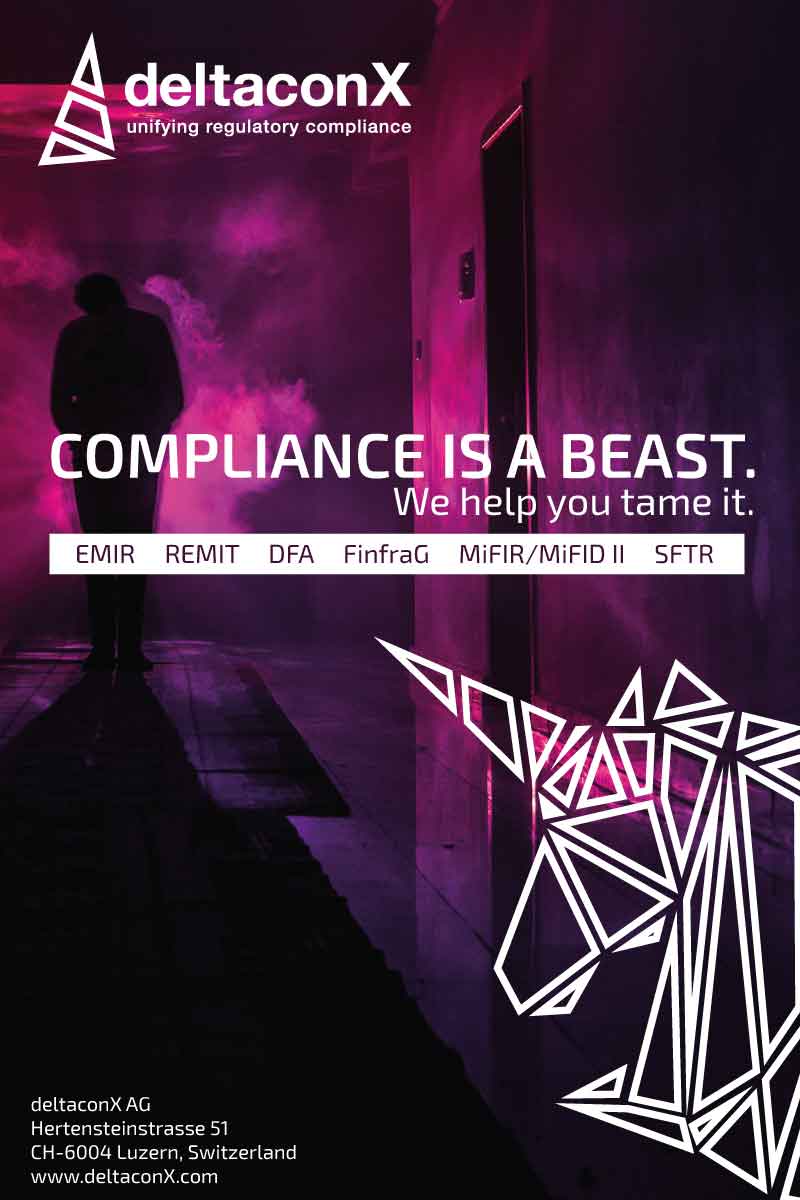Collaboration is key in the development of the digital assets ecosystem, panellists at this year's SIBOS conference said.
The conclusion was reached at a panel entitled ‘Servicing digital assets: Who will win the battle?’, a name at odds with the observations, insights and future plans that the speakers presented.
Caroline Butler, CEO of custody services at BNY Mellon, stated that a “cross-pollination of talent” was very beneficial to the industry, allowing for banks to work faster by partnering with fintechs and other companies. Banks are no longer “trying to do every single thing ourselves, and every single thing all the time,” Butler continued. Partnerships allow more potential for scaling, and enhance investor protection.
Samuel Riley, head of securites services at Clearstream, agreed, commenting that a variety of participants across the industry will play important roles in the development of this area — there will be no single presence, rather a collection of interconnected players.
Stephen Prosperi, head of product development and digital securities management at the Depository Trust and Clearing Corporation, cited a “culture shift”, in which banks are far more willing to partner with fintechs than they have been in the past.
Clients are demanding a “one-stop shop” that can provide services throughout the entire portfolio and lifecycle, Butler claimed, something that requires banks to partner with other companies to provide. Through this collaboration an ecosystem will be constructed, she said, providing clients with a trusted platform that can meet their expectations.
Nadine Chakar, executive vice president of State Street DigitalSM, admitted that building technology is not banks’ strong suit, and that as a result, partnerships with those who can provide these services are essential if they want to keep up the pace of development.
She added that startups bring “hunger and innovation” to their operations, providing a “breath of fresh air” for banks, accelerating processes, and building intellectual capital on both sides of the exchange.
Justin Chapman, global head of digital assets and financial markets at Northern Trust, acknowledged that there may be difficulties in this approach, as it can be challenging to work with smaller companies, however he concurred with the panel that partnerships are ultimately worth it.
Chapman also observed that investors are less interested in whether assets are digital or not — their focus is on asset and liquidity availability. Other speakers, such as Riley, suggested that companies must find a way to bridge the gap between traditional and digital assets, as this is something that clients do not have the power to do themselves. “You have to link the old with the new,” he said, a sentiment echoed by other panellists.
An emerging issue for the market is regulation, the speakers agreed. Chakar brought up the problem of clients not fitting into existing regulatory frameworks, while Chapman stated that “none of this works unless you bring an issuer to the table”. Although the ecosystem is developing at a rapid rate, it still has a long way to go; institutional investors “need safety guide rails” if they are going to invest in digital assets, Butler added.
However, Chakar reassured that, generally, technology leads and regulation follows — and with the speed that digital assets are developing, it seems likely that we will see more regulation soon.
Butler concluded that the core investment in the market over the next few years must be around risk, compliance, and governance, with a need for more education and stronger investor protection essential.
Finishing the panel with a question for the future, the speakers were asked what percentage of assets under custody they expect to be digital by 2030. All five responded with at least 10 per cent, with Riley emphasising the speed with which the market is moving, and the unpredictability of where it will head next.



